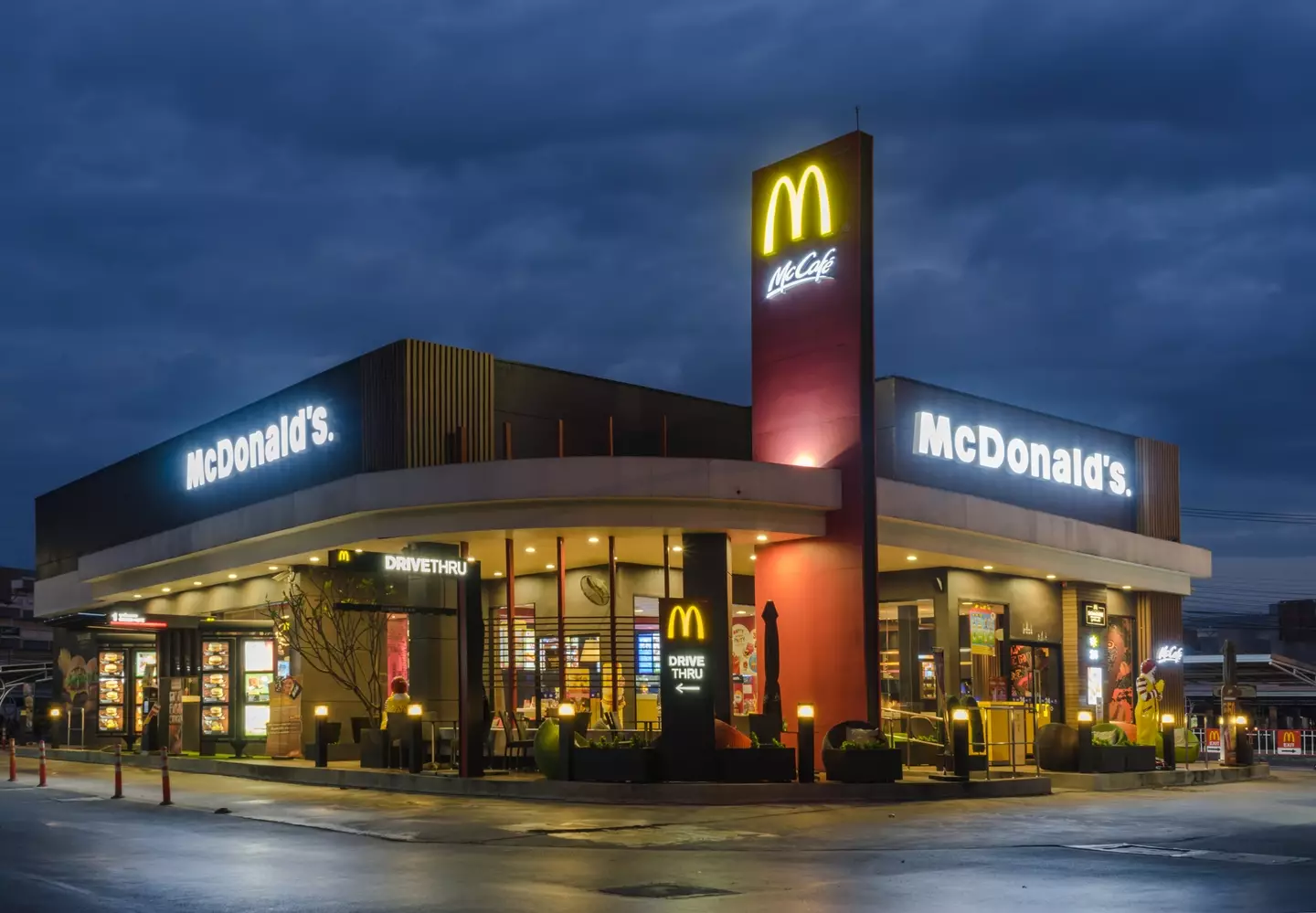
It’s proving a tricky year for McDonald’s. After facing a significant sales drop across its American operations in Q1 2025, the chain’s shares dipped by 1,7% on June 10th as equity analysis company Redburn Atlantic downgraded it from ‘buy’ to ‘sell’.
The reason? GLP-1 drugs like Ozempic and Wegovy. These appetite-suppressing drugs, originally designed for treating diabetes, have been adopted by some as a weight-loss aid.
CBS News said that brands catering to low-income individuals, such as McDonald’s, are facing an lesser-known threat from drugs like Ozempic as the appetite suppressants alter people’s eating and spending habits.

Advert
Redburn Atlantic estimated that the trend could see McDonald’s lose as many as 28 million customer visits per year in the US, equating to a revenue plunge of $482 million or around 0.9% of its total sales.
According to the analysis, lower-income users of GLP-1 drugs begin spending less on food away from home, and the trend doesn’t seem to revert as people become accustomed to the drugs.
For high-income GLP-1 users, however, their spending on food away from home drops before reverting to the previous pattern within a year.
"Behaviour changes extend beyond the individual user — reshaping group dining, influencing household routines and softening habitual demand,” said Redburn Atlantic in a note on the research.
“A 1% drag today could easily build to 10% or more over time, particularly for brands skewed toward lower income consumers or group occasions.”
It added that this additional pressure from appetite suppressants compounds upon another issue facing McDonald’s: growing discontentment with menu price inflation.
“Consumers are showing clear signs of pricing fatigue after years of aggressive menu inflation," said the analysts. "Although the gap between eating out and at home has narrowed, it remains historically wide, reinforcing value concerns."
GLP-1 drugs are very much in the public consciousness, and it’s estimated that 12% of American adults have tried the drugs while 6% of the adult population is actively using them.

As their popularity and use becomes more widespread, they could instigate a reversal in a trend that spanned over 40 years.
The analysts at Redburn Atlantic said that US Department of Agriculture data showed that the share of calories consumed at US restaurants tripled between 1977 and 2018.
Customer habits moving away from eating out, triggered by inflationary pressures and drug-assisted diet management, seem poised to stir up a storm for McDonald’s in over the next few years.
FOODBible has approached McDonald's for comment.
